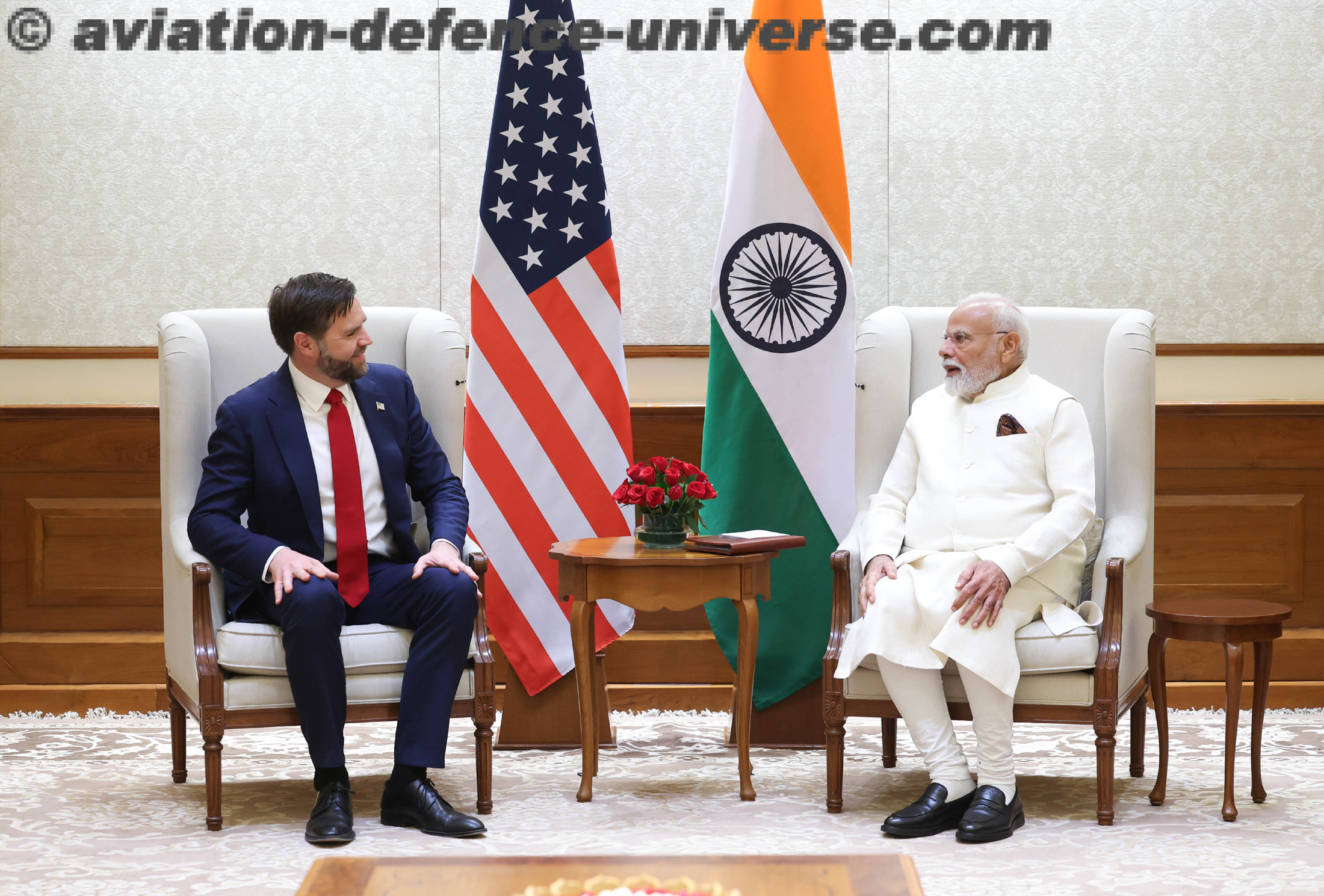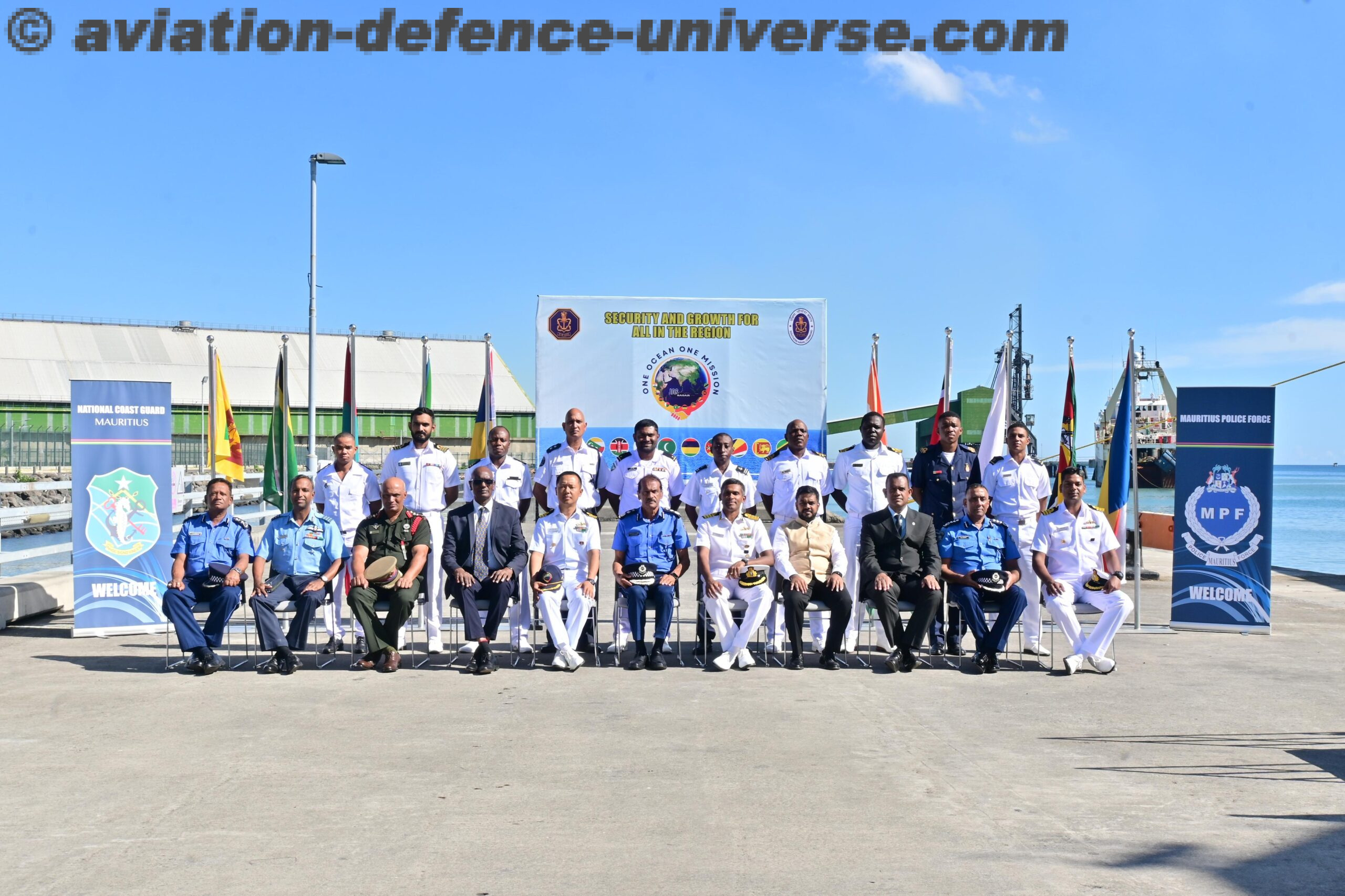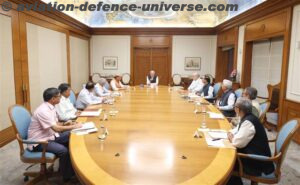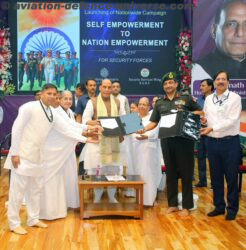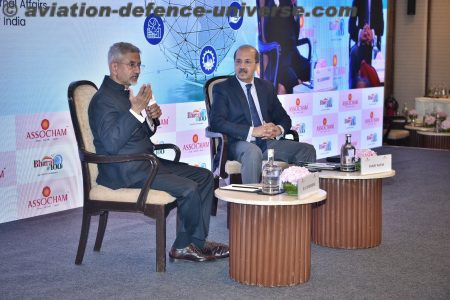 New Delhi. 05 December 2024 . India is in a ”much more advantageous position” than many other countries of the world to build ‘’deeper” relations with the incoming Donald Trump 2.0 administration in the US, External Affairs Minister Dr Subrahmanyam Jaishankar said at an ASSOCHAM Conference on Viksit Bharat Summit today.
New Delhi. 05 December 2024 . India is in a ”much more advantageous position” than many other countries of the world to build ‘’deeper” relations with the incoming Donald Trump 2.0 administration in the US, External Affairs Minister Dr Subrahmanyam Jaishankar said at an ASSOCHAM Conference on Viksit Bharat Summit today.
In a comprehensive discussion with the ASSOCHAM President Mr Sanjay Nayar on India’s positioning and relations with major parts of the world, Dr Jaishankar said, the way important economies look at India has undergone a tremendous change in the last 10 years. He said, the third back-to-back term of the Narendra Modi Government has impressed most nations and political leaders of the world.
Asked about the prospects of India-US relations under Trump 2.0 , the External Affairs Minister said, ” there are countries which are looking at Trump 2.0 as a political challenge ; we are not . That separates us from a very large number of countries; so we are in a much more advantageous position to translate 2.0 into a deeper relationship”.
He said India would also have to work out a political equation with America under Mr Donald Trump. ”That is one area where we score because we have always had positive political relations with Trump and Trump always had a positive view of India”. However, it would not automatically translate into every transaction.” Like everybody else we may also have some issues; we will deal with those issues”.
Dr Jaishankar said the US would need India in many areas where they would like to take technology leads. The two countries would have to build an understanding of mutual benefits and relationships in several areas like emerging and critical technologies as trusted partners.
When the ASSOCHAM President asked him about the evolving relations with China, Dr Jaishankar said, with that country accounting for 32-33 per cent of global manufacturing, it is logical that several supply chains will have to go through China. ” We have to factor (that)into our calculations but it is also a fact that if you become excessively dependent on a single supply chain or in the name of supply chain you open up your market that is no longer a supply chain , but your sectors are getting hollowed out , you have to be careful”
The External Affairs Minister said, India would not want to end up as a market for another economy and not being able to compete with their products which are dumped in our country.
”We have to find the right balance here. For the last four and half years, our political relations have not been good . but things have improved a little bit ; we have managed to make some progress there. we have to sit down with the Chinese what we do further”
Dr Jaishankar also touched upon relations with Russia and the geo-political situation in the Middle East.
He said in the last two years ”people generally know that we have been importing more oil from Russia; what people do not know we have been importing from Russia other natural resources coking coal is a very good example , fertiliser, it is shift, which I hope is long term because it is in interest of India”.
He shared concerns with ASSOCHAM Secretary General Mr Deepak Sood about the challenging geo-political situation , especially in the Middle East. Dr Jaishankar particularly talked about the shipping challenges in the Red Sea and how the situation there is of direct consequences to India’s economic interest.
Talking about the MSMEs and their role in manufacturing , the External Affairs Minister said It is one of the top priorities of the Modi Government that we have to push manufacturing in this country. ”We have to create more manufacturing zones, improve logistics and make ourselves more competitive. I think we have made progress but there is a lot we will have to do”
MSMEs have to deal with unfair competition and the government has to be protecting their interest, especially when negotiating free trade agreements. He said the Modi Government has been careful in this regard and has even sought review of FTA with ASEAN as the existing agreement has been leaving a negative impact on India’s agriculture and MSMEs.


















